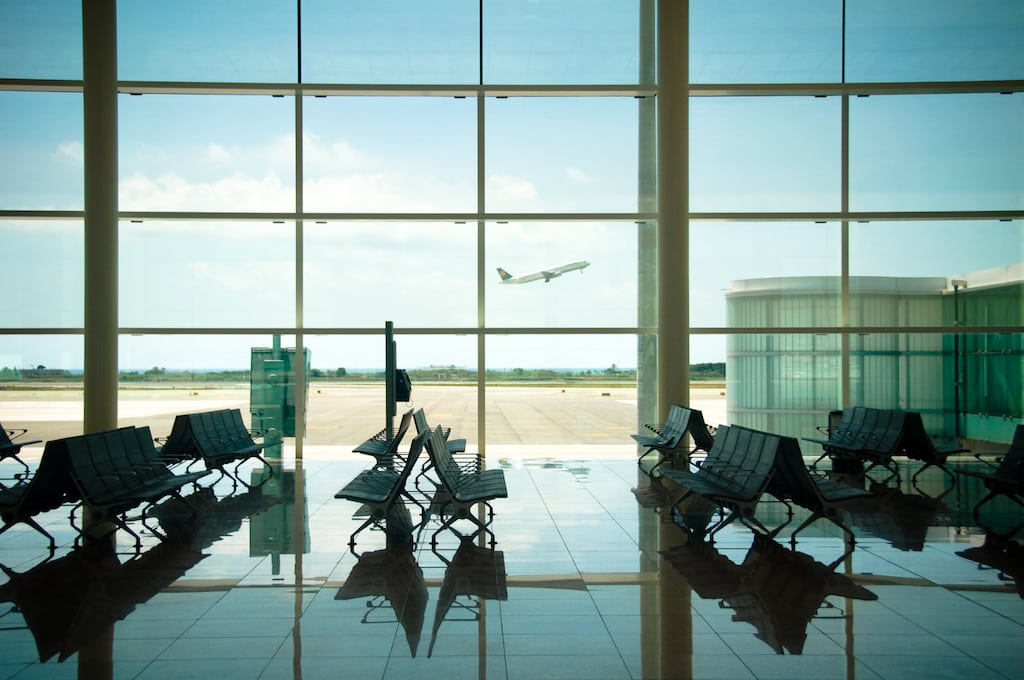Automating Flight Refunds May Become Big Money in Corporate Travel

Skift Take
If you're a flyer in Europe whose air itinerary has been altered or cancelled by the airlines, law entitles you to a refund of part of your airfare. But actually receiving this refund by navigating the complex laws of each European country can be challenging, even for legal experts.
European Commission Regulation 261/2004 established a series of refunds and reimbursements for delays, cancellations, flight bumps and lost baggage for those flying in Europe since 2006. Airlines pay for service disruptions, but the claims have to be filed in the country of departure regardless of your particular national citizenship.
This leads to consumers, and corporate travel managers, wrangling with confusing national laws in each country across the EU and sometimes racking up big legal fees in cases that can take over a year to resolve.
Since the maximum a flyer in Europe can receive for a claim is €600, this means most individuals don't have the time or money to litigate a claim in court.
While it may not make sense for an individual flyer to go after a claim, this can add up to big money for travel managers with hundreds or thousands of flyers traveling each year. Travel managers usually have to submit a claim by email, then deal with any disputed claims in European courts.
Eve Büchner, founder of European air compensation refund service Refund.me, estimates the value of compensation issued by airlines each year is about €5 billion. Her service employs a team of law firms with experts in the law of most European countries.
The company has launched a portal for travel management companies to process compensation requests since travel managers don't usually have the resources to go after all the compensation they're owed.
"Travel managers have to save money and they have to earn money [from clients]," said Büchner. "For the travel management company, they don't have capacity to [deal with refunds] now because the margin is too small and mostly they don't invest into this process."
In the U.S., however, flyers are only entitled to compensation when they are denied boarding.
"Our main challenge is to educate people about their rights," said Henrik Zillmer, founder and CEO of California-based AirHelp. "Only five percent [of flyers] entitled to compensation actually receive the money they're owed. They don't know what they're entitled to."
Zillmer tells Skift that airlines have been using Europe's complicated legal system to essentially game flyers out of the compensation they're owed by law. Both companies take 25 percent of each claim they process as compensation for their services.
"When we started, there were not a lot of airlines that paid out on the claims, so we had to go to court; today, we've sued the airlines more than 5,000 times and in most of those cases the airlines settled out of court because they knew we would eventually win in court," said Zillmer. "Thirty percent of our customers are businesses; no one wants this hassle, basically. The U.S. is the fourth biggest market on EU air passage rights, because of the traffic to and from Europe and unclaimed compensation, but it's our biggest single market [as a company]."
The next step is essentially predicting flight delays and creating a product that can be booked ahead of a flight that guarantees the fulfillment of a future compensation claim, similar to a form of travel insurance.
"We have the power, we have the technology, and we now have the lawyer systems, which is really essential to solving the passenger rights issue," said Refund.me's Büchner. "But, sooner or later, we will come to the point where we need to find a solution to solve the flight delay problem on a bigger scale."




